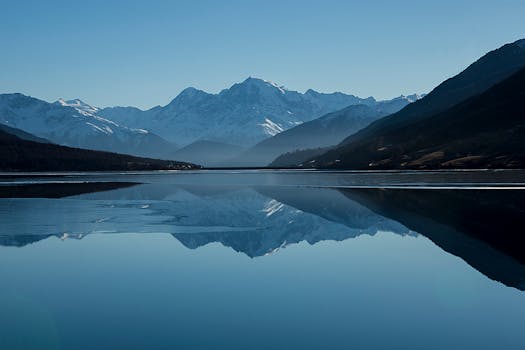Integrating Water Elements into the Landscape Design of Luxury Residential Gardens
Water features have long been a hallmark of luxury residential gardens, serving not only as aesthetic focal points but also as vital components that enhance the overall ambiance and ecological health of the landscape. From tranquil ponds to dynamic fountains, the integration of water elements can transform an ordinary garden into a serene oasis. This article explores the various ways to incorporate water features into luxury residential gardens, the benefits they offer, and practical considerations for successful implementation.
The Aesthetic Appeal of Water Features
Water elements add a unique visual appeal to gardens, creating a sense of tranquility and elegance. The reflective quality of water can enhance the beauty of surrounding plants and structures, while the sound of flowing water can mask unwanted noise, providing a peaceful retreat. Here are some popular water features that can elevate the aesthetic of luxury gardens:
- Ponds: These can be designed as naturalistic or formal features, often populated with aquatic plants and fish.
- Fountains: Ranging from classic tiered designs to modern sculptures, fountains can serve as striking focal points.
- Waterfalls: These can be integrated into rock formations or as part of a pond system, adding movement and sound.
- Streams: Meandering streams can create a natural flow through the garden, enhancing the landscape’s overall design.
Ecological Benefits of Water Features
In addition to their aesthetic value, water features can significantly contribute to the ecological health of a garden. They can support local wildlife, improve biodiversity, and even assist in water management. Some ecological benefits include:
- Habitat Creation: Ponds and streams provide essential habitats for amphibians, birds, and beneficial insects.
- Water Filtration: Aquatic plants can help filter pollutants, improving water quality and promoting a healthier ecosystem.
- Microclimate Regulation: Water bodies can moderate temperatures, creating a more favorable environment for plants and wildlife.
Design Considerations for Water Features
When integrating water elements into luxury residential gardens, several design considerations must be taken into account to ensure functionality and aesthetic harmony:
- Scale and Proportion: The size of the water feature should be proportional to the garden space. A small fountain may be lost in a vast landscape, while a large pond could overwhelm a compact garden.
- Placement: Positioning is crucial; water features should be visible from key vantage points, such as patios or living areas, to maximize enjoyment.
- Maintenance: Consider the maintenance requirements of the water feature. Some designs may require regular cleaning and upkeep, while others may be more self-sustaining.
- Safety: For families with children or pets, safety features such as shallow edges or fencing around ponds may be necessary.
Case Studies: Successful Integrations of Water Features
Several luxury residential gardens have successfully integrated water elements, showcasing the potential of these features:
- The Garden of the Five Senses, France: This garden features a series of ponds and streams that create a sensory experience, with plants chosen for their textures and scents, alongside the soothing sounds of water.
- Villa Savoye, France: Designed by architect Le Corbusier, this iconic villa incorporates a rooftop terrace with a reflecting pool, demonstrating how water can enhance architectural design.
- Private Estate in California: A luxury estate features a large infinity pool that seamlessly blends into a pond, creating a stunning visual effect that enhances the natural landscape.
Conclusion: The Transformative Power of Water in Luxury Gardens
Integrating water elements into the landscape design of luxury residential gardens offers numerous benefits, from enhancing aesthetic appeal to promoting ecological health. By carefully considering design elements such as scale, placement, and maintenance, homeowners can create stunning outdoor spaces that serve as tranquil retreats. As demonstrated by successful case studies, the transformative power of water can elevate a garden from ordinary to extraordinary, making it a cherished space for relaxation and enjoyment. Ultimately, the thoughtful incorporation of water features not only enriches the landscape but also fosters a deeper connection to nature.
